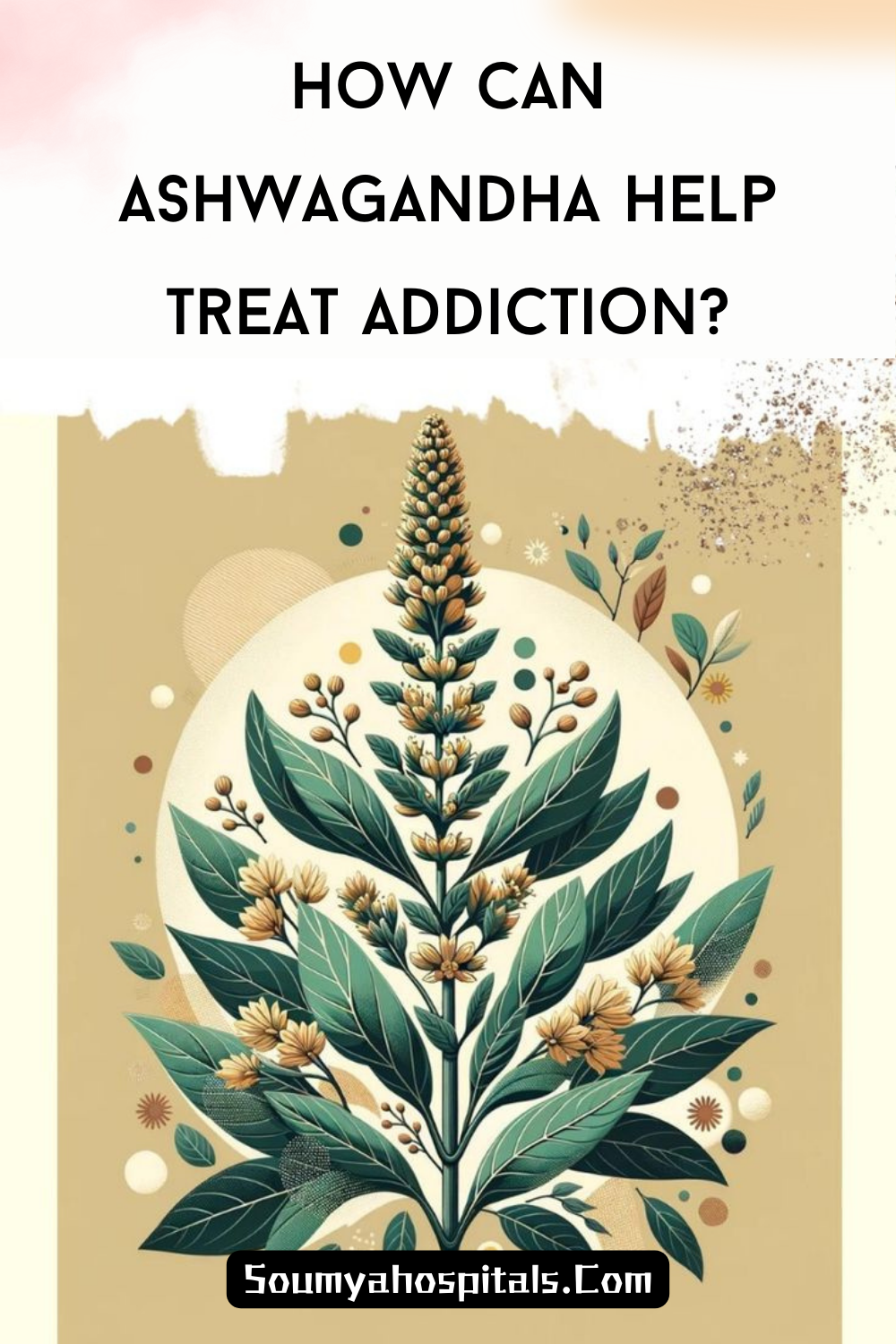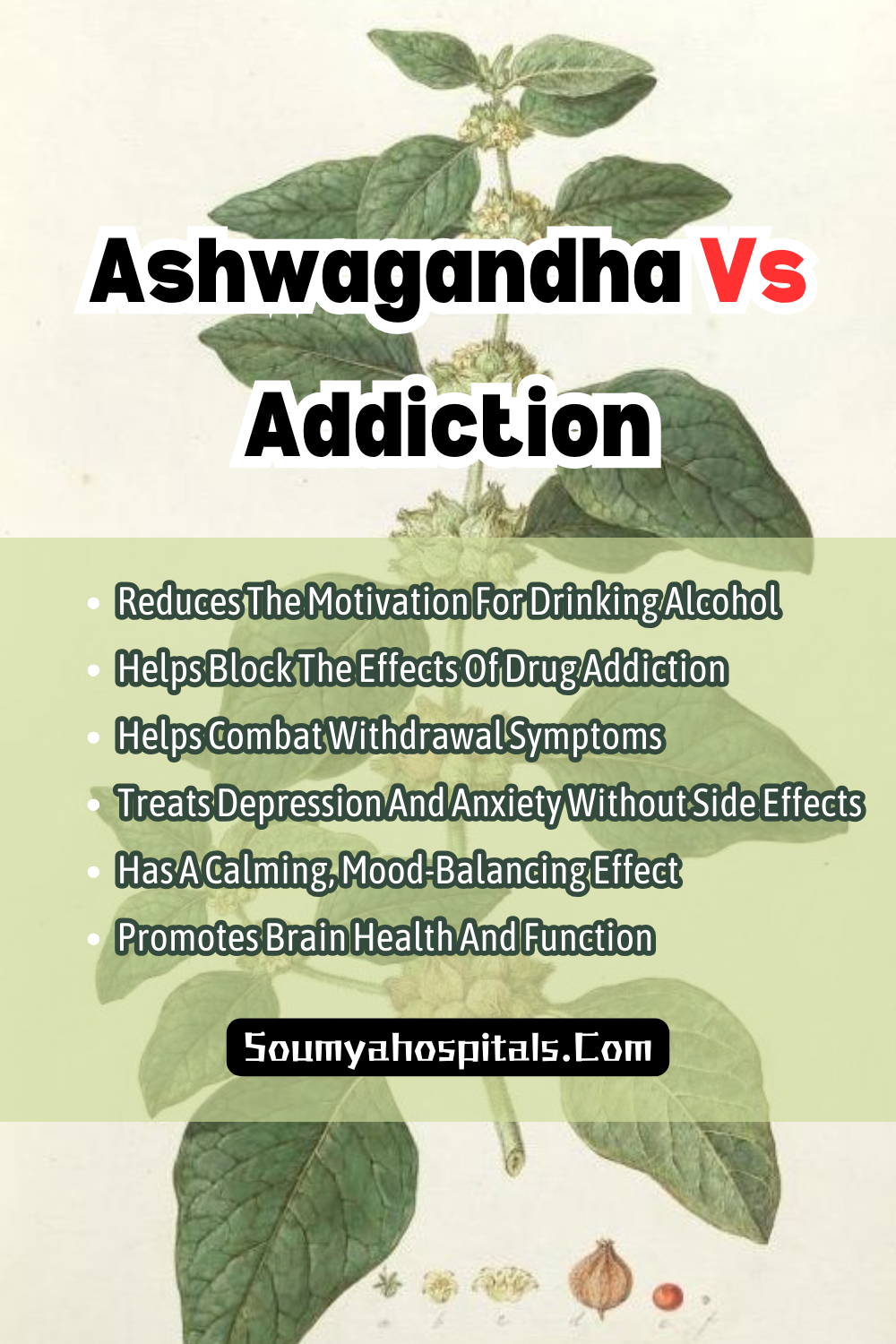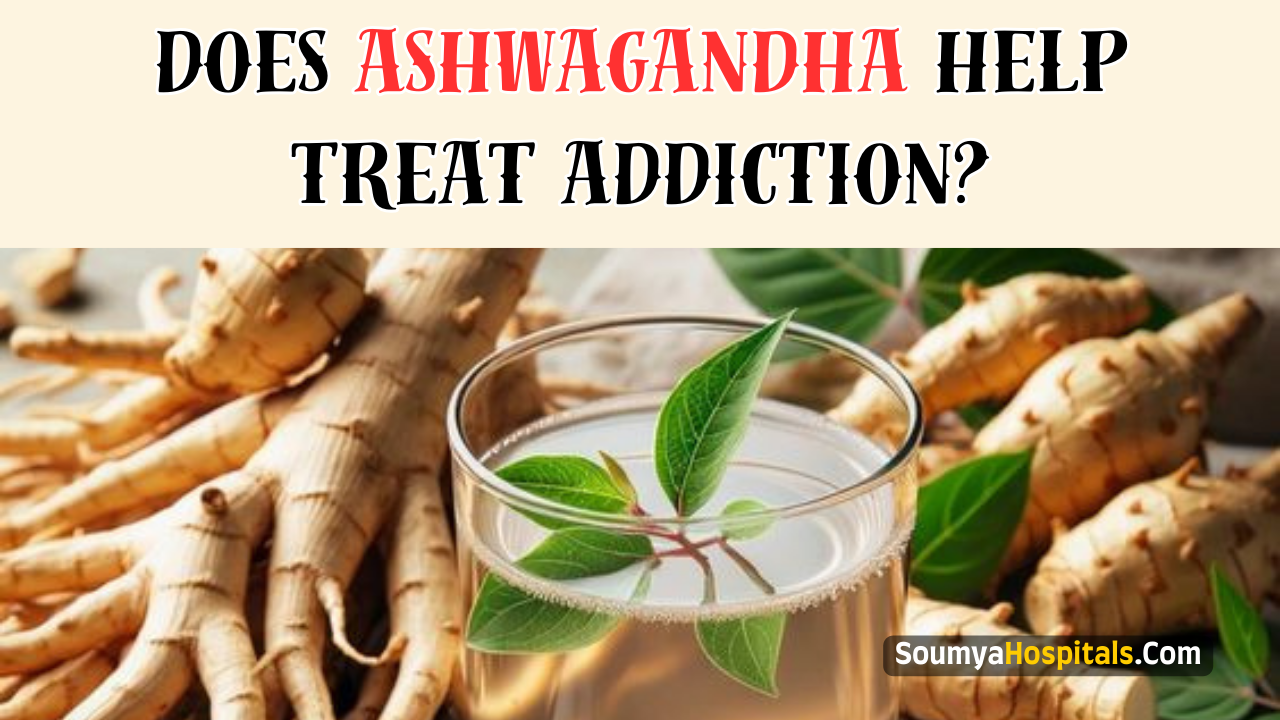Perhaps you know that addiction, especially to tobacco, leads to medical issues such as cardiovascular disease, stroke, cancer, and mental disorders. Some drugs may even damage your nerve cells. And that alcohol can damage liver is common knowledge.
Also Check: Caffeine Addiction: Myth or Reality?
If you know you are addicted, whether to nicotine, alcohol, or drugs, it’s half the battle won. To win the other half, read on.
Understanding Addiction
Your body has some natural opioid-like substances, or substances that give you a feeling of pain relief and happiness, and act like neurotransmitters. These neurotransmitters, such as endorphin and enkephalin, and other mood-enhancing neurotransmitters like dopamine and serotonin, are released by your brain when you experiences pleasure.
Addictive substances such as nicotine, heroin, morphine, alcohol, and caffeine either imitate these neurotransmitters, or cause an increased flow of them in the brain, or block other neurotransmitters like GABA, to give you a feeling of euphoria. And when these substances are used, you go from merely liking the substance to craving it fiercely.
If you are an addict, you will find it difficult to stop the behavior and exhibit telltale symptoms of addiction when access to the addictive substances is withdrawn. These symptoms are collectively called withdrawal symptoms and include:
- Craving for the substance
- Increased appetite or weight gain
- Drowsiness
- Irritability, nausea, headache
- Severe anxiety and depression
- Decreased heart rate
- Difficulty concentrating
- Stuffy or runny nose
How Can Ashwagandha Help Treat Addiction?

Remember how in Tintin and the Picaros, Professor Calculus invented a miracle pill to cure Captain Haddock of his alcoholism? The pill would make alcohol taste so vile that Captain Haddock would have to abstain from it willy-nilly. Well, ashwagandha doesn’t function exactly like that but has a somewhat similar effect.
Reduces The Motivation For Drinking Alcohol
It can make you cut down on alcohol.
In a 2014 experiment, rats were trained to self-administer ethanol, which is found in alcohol in varying percentages. They had to perform an activity that would be rewarded by a dose of ethanol. When they showed signs of addiction, they were given ashwagandha root extract.
It turned out that the rats were less interested in performing the activity linked to the reward of ethanol and in maintaining this response-dose process. Not just that, the ashwagandha extract also reduced the effects of deprivation in the rats and their ethanol-seeking behavior. The researchers claimed that ashwagandha reduces the motivation for drinking alcohol.
Helps Block The Effects Of Drug Addiction
It can block some of the effects of morphine, a common drug of abuse.
In another study, rats were given a methanolic extract of ashwagandha before they were given morphine, a common drug often found in painkillers.
Usually, in such experiments, when an animal is addicted to a certain drug, it chooses a place that is associated with the drug rather than the place where it has been given just the drug vehicle, that is the solvent minus the drug. This is called conditioned place preference. In this case, however, the rats showed no place preference. The researchers claimed that ashwagandha has some effect on the GABA and opioid receptors in the brain and can block some of the effects of morphine.
Helps Combat Withdrawal Symptoms
It’s a safe and reliable alternative to medicines like diazepam in treating alcohol withdrawal symptoms.
Yet another study compared ashwagandha and diazepam, a common anti-anxiety drug, to see which was more effective in reducing the effect of withdrawal in mice addicted to alcohol. Ashwagandha seemed to exhibit similar effect as diazepam in decreasing anxiety and seizures and increasing activity in the mice. The researchers claimed that it’s a safe and reliable alternative to medicines like diazepam in treating alcohol withdrawal symptoms.
Treats Depression And Anxiety Without Side Effects
It can treat withdrawal-related depression and anxiety.
Clinical trials on animals have proven that ashwagandha is as efficacious as standard anti-anxiety and antidepressant drugs in alleviating the symptoms of depression and anxiety.
A study tested the effects of an ethanolic extract of ashwagandha on human subjects with anxiety disorders, and the results suggested that this experimental drug was well tolerated, with little adverse side effect. Even when the patients were taken off this abruptly at the end of the test period, none of them reported withdrawal symptoms.
Has A Calming, Mood-Balancing Effect
It keeps the nerves soothed and your mood balanced.
GABA counterbalances the action of the neurotransmitter glutamate, which usually excites the nerves by encouraging nerve cells to “fire” nerve impulses. Without GABA, the nerve cells fire too often, resulting in anxiety. While caffeine inhibits the GABA release, perking you up instantly, long-term alcohol intake and withdrawal from it also decrease GABA, resulting in increased anxiety and depression.
In a study conducted on rats, administering ashwagandha was found to increase GABA and serotonin levels in the brain, contributing to balanced mood in the rats. Ashwagandha helps produce anti-anxiety, anticonvulsant, and muscle-relaxant effects by controlling the nerve cells that fire in the brain.

Promotes Brain Health And Function
It helps your brain and nerves function better while recovering from addiction.
You know that addiction affects the brain. So ashwagandha can be a supplement to enhance brain health and function because research has found that the bioactive compounds derived from ashwagandha leaves have the potential to help nerve structure and function and may serve as a supplement for brain health.
There is enough research to back the fact that ashwagandha can alleviate anxiety and contribute to brain health. Instead of getting anxious about your anxiety, try this herb once.
Read More Posts:
